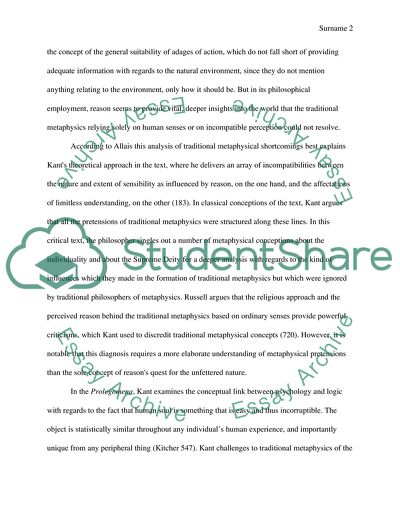Cite this document
(“Kant, Prolegomena to Any Future Metaphysics Research Paper”, n.d.)
Retrieved from https://studentshare.org/philosophy/1626717-kant-prolegomena-to-any-future-metaphysics
Retrieved from https://studentshare.org/philosophy/1626717-kant-prolegomena-to-any-future-metaphysics
(Kant, Prolegomena to Any Future Metaphysics Research Paper)
https://studentshare.org/philosophy/1626717-kant-prolegomena-to-any-future-metaphysics.
https://studentshare.org/philosophy/1626717-kant-prolegomena-to-any-future-metaphysics.
“Kant, Prolegomena to Any Future Metaphysics Research Paper”, n.d. https://studentshare.org/philosophy/1626717-kant-prolegomena-to-any-future-metaphysics.


